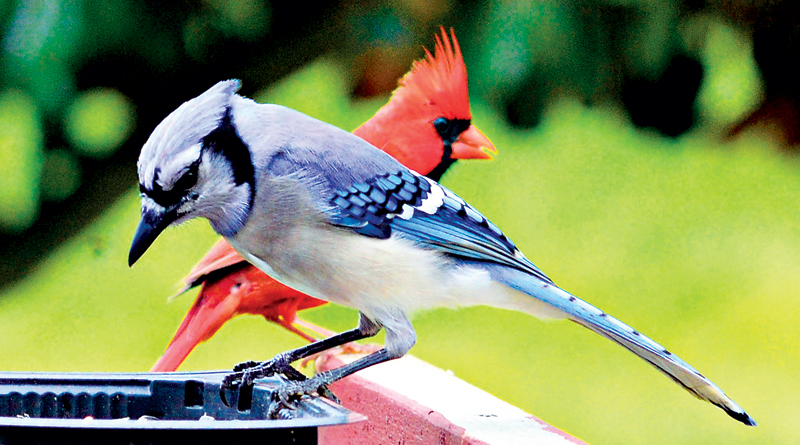CHANGING NATURE’S CALENDAR – Life In The Outdoors

The difference in the length of day wasn’t noticeable in the latter days of June or even much of July. But now the difference is clearly evident. When I got up in the morning the last of June and the first days of July the sun was up. When I get up now the sky is gray and the sun is below the horizon.
We humans schedule our activities by the calendar and the clock. Nature, the birds and the bees, the flowers and the trees, all outdoors is scheduled by nature’s calendar.
Now is a good time for us humans to get outdoors, to enjoy nature, to look for the changes from one day to the next. Any time is a good time to get outside, in my opinion. If it isn’t pouring down rain, one hundred ten degrees, or zero or below with blowing snow I say go outdoors. Get outdoors, go for a walk in a woods or an open grassy field; drive or hike along a country road and visit a lake or a marsh. That’s not just my opinion. Scientific studies have shown that getting into nature is good for anyone. There, the mental strain of civilization, the noise, and the hubbub can be forgotten.
All my life that I have memory of I’ve enjoyed going outdoors, getting away from people and houses, walking beneath a canopy of leafy branches or, in winter, the leafless branches, and looking for birds whatever the season. As a boy I enjoyed climbing in the trees. I enjoyed, and still enjoy, seeing squirrels, raccoons, deer, skunks and opossums. I enjoyed walking through grassy, weedy fields, seeing different species of birds, and seeing rabbits and woodchucks. I’ve enjoyed walking along rivers and streams, around lakes and marshes.
When I was in the Navy and on a ship at sea, I enjoyed being out on deck, looking out over the water, hoping to see an albatross, whale, porpoise or fish jumping out of the water.
Getting back to nature isn’t like it used to be. To begin with, there aren’t as many birds. Some species have nearly disappeared. I haven’t seen a chimney swift this year, or a nighthawk. I haven’t seen a cuckoo or a red-headed woodpecker this year and I’ve only seen two warblers.
There’s a change in timing also. Birds migrate north earlier in spring than they used to, and go south later in fall. They mate, build their nest, lay eggs, incubate and raise families earlier.
Buds on trees begin to swell earlier in spring and leaves open earlier. Spring wildflowers bloom earlier. Insects come out earlier. Like the birds, there are fewer insects and other little creatures. I’m not sorry there are fewer flies, gnats and wood ticks. Although, they are the food of many birds.
Nature’s calendar is changing and that change is the result of the activities of people. We, human beings, haven’t changed the length of day and night but we have changed the weather by changing the chemical composition of the atmosphere and thereby we’ve changed nature’s calendar and the happenings of all outdoors.
- Birds As Weather Forecasters – Life In The Outdoors - December 17, 2021
- Rare Bird Spotted In Indiana – Life In The Outdoors - October 8, 2021
- MY EXPERIENCE WITH DEER – Life In The Outdoors - July 30, 2021


